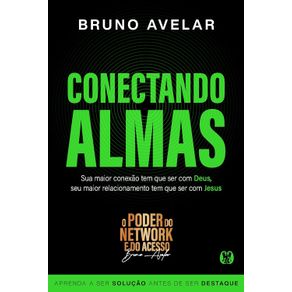-
DEPARTAMENTOS
- ANIMAIS DE ESTIMAÇÃO
- ARTES
- AUTO AJUDA
-
BEM ESTAR E LAZER
-
CATEGORIAS
-
-
CULINÁRIA E GASTRONOMIA
-
CATEGORIAS
-
-
ESPORTES
-
CATEGORIAS
-
- INFANTIL
-
RELIGIÃO
-
CATEGORIAS
-
- ADMINISTRAÇÃO E NEGÓCIOS
-
CIÊNCIAS BIOLÓGICAS E NATURAIS
-
CATEGORIAS
-
- DIREITO
- ECONOMIA
-
MEDICINA
-
CATEGORIAS
-
-
TODOS DEPARTAMENTOS
-
INTERESSE GERAL
-
LIVROS TÉCNICOS
-
- DISCIPLINAS
- ACESSÓRIOS
- FORMATURA
- PAPELARIA
Narcissistic Abuse
Cód:
491_9781914053153
Narcissistic Abuse
Autor:
Editora:
Código:
491_9781914053153
Vendido e entregue por Um Livro
Do you want to learn about Borderline Personality Disorder and how to disarm the narcissist and recover from emotional and psychological manipulation by passive-aggressive narcissistic parents? If yes, then keep reading...BPD is also referred to as biosocial disorder among experts. This means that this disorder often starts with an inclination towards biological factors but is then intensified by the social environment of an individual.By temperament, the people with BPD often are intensely emotionally sensitive and very reactive. This is because they tend to feel things immediately and intensely as opposed to other people. Once their powerful and intense emotions have been triggered, it takes them a very long duration to get back to the emotional baseline.It is important to note that when these emotionally vulnerable people are confronted by their surroundings because they cannot validate their feelings, they develop BPD. In most cases, children who develop BPD have been shown to suffer abuse and neglect. Additionally, BPD also arises in children whose parents or guardians - well-meaning and loving - reduce their emotional feelings too much because they think that they are inappropriate or exaggerated.Being a narcissist is mainly focusing on enhancing your self-esteem because they are often perpetually insecure about their personality and how people perceive them. They tend to hide this insecurity by appearing so overly confident when the truth of the matter is that deep inside them is lurking doubt about their self-worth. The narcissists do not necessarily feel bad when they hurt people. There is a high chance that they will not even care. They have a perception of being perfect, all-good or unworthy, flawed, defective and all wrong. In other words, if you are their partner, they cannot see you. It merely means that they see you too as either unique or defective.This book covers the following topics:· Understanding the BPD Behavi
Veja mais



































